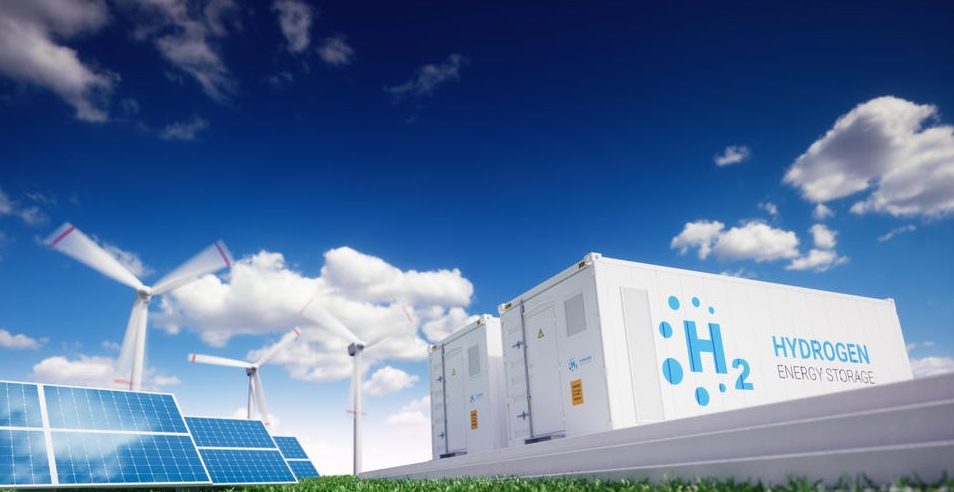The invasion of Ukraine has been going on for several months and unfortunately there is currently no end in sight. The images from cities like Mariupol can’t be taken out of people’s minds and it is becoming clear in European and German politics that Russian gas should and must not be supported anymore. Therefore, the fear of energy shortages, and at the same time the interest in alternatives like hydrogen is steadily increasing.
On May 18, the “Namibia Green Hydrogen Investment Forum” was held by T&T Corporations in Paris, where experts* in the hydrogen industry exchanged views on the hydrogen potential of Namibia.
Namibia is one of the countries which offers ideal conditions for green hydrogen. With its long coastline and many hours of sunshine, it has excellent conditions to produce green hydrogen from, say, solar energy, and also to export it abroad through its port cities.
The German company Enertrag is one of the pioneers for the Namibian market with its investment in Hyphen Hydrogen Energy. The large-scale project is expected to produce around 300,000 tons of green hydrogen and hydrogen derivatives such as ammonia annually in Tsau Khaeb National Park. Companies like Enertrag play an important role in ensuring that a sustainable industry can develop from the hydrogen potential. This is because large-scale projects such as Hyphen can develop follow-on projects and quickly create a hydrogen boom that ultimately makes it profitable. Economic viability is currently one of the biggest challenges in the hydrogen field.
The export of hydrogen plays an important role in this. Therefore, I was very pleased to moderate the panel “Namibia, a key partner in the global green hydrogen agenda: Case Study Germany – Perspective from importing countries” and discuss the German perspective on hydrogen. Together with Dr. Simon Schäfer-Stradowsky from the Institute for Climate Protection, Energy and Mobility e.V., Erhan Erdogan from Hydrogenious LOHC Technologies and Dr. Ing. Ouda Salem from Fraunhofer Institute ISE, we took a look at the state of research and infrastructure in Germany.
What became quite clear: Germany overslept when it came to hydrogen.
Terminals for import are not yet ready, regulations for pipelines are not yet sufficiently in place, and bureaucracy, as with many other things, is again Germany’s biggest obstacle.
Nevertheless, one may look positively inclined to the future. The current geopolitical situation has been an acute wake-up call for Germany, and the federal government is ready to invest in infrastructure and research to enable quick action options for the private sector. Many companies are already in the starting blocks, and initiatives such as H2 Atlas are also fostering the potential for German-African exchange. Likewise, Germany already has a suitable infrastructure, and does not have to start from scratch. We can use existing facilities, such as LNG terminals, for hydrogen if necessary.
Another aspect that should not be overlooked is the potential of green hydrogen for the Namibian economy. The local government presented its national hydrogen strategy during the conference and made it clear that hydrogen will be specifically integrated into the local mobility infrastructure. This is an important point that is neglected in the current discussion about hydrogen. Because it is of great relevance that the producer country does not make the same mistakes as Germany, but builds a more resilient infrastructure from the beginning.
It is important not to derail hydrogen opportunities as a form of neo-colonialism, but to let countries like Namibia clearly take the lead. The Namibian government has traveled all over Europe in recent weeks, and was even in Davos to present its hydrogen strategy. It has clearly demonstrated that it has the competencies to negotiate with the West on an equal footing and to promote a clear vision for a strong Namibia.
I look forward to the future of hydrogen and after my visit to Paris, I am certain that Namibia will be one of the pioneers of hydrogen on the African continent.

